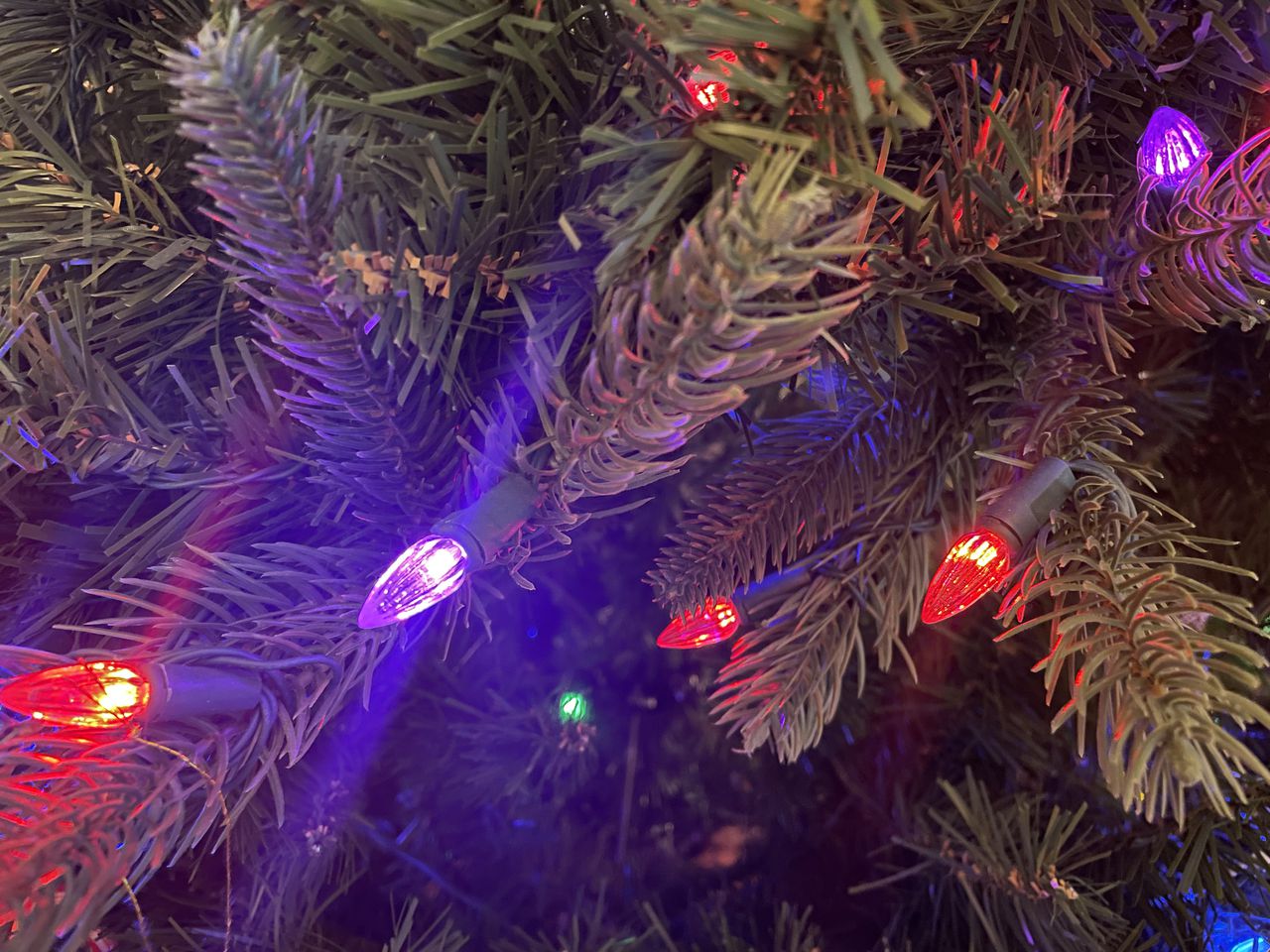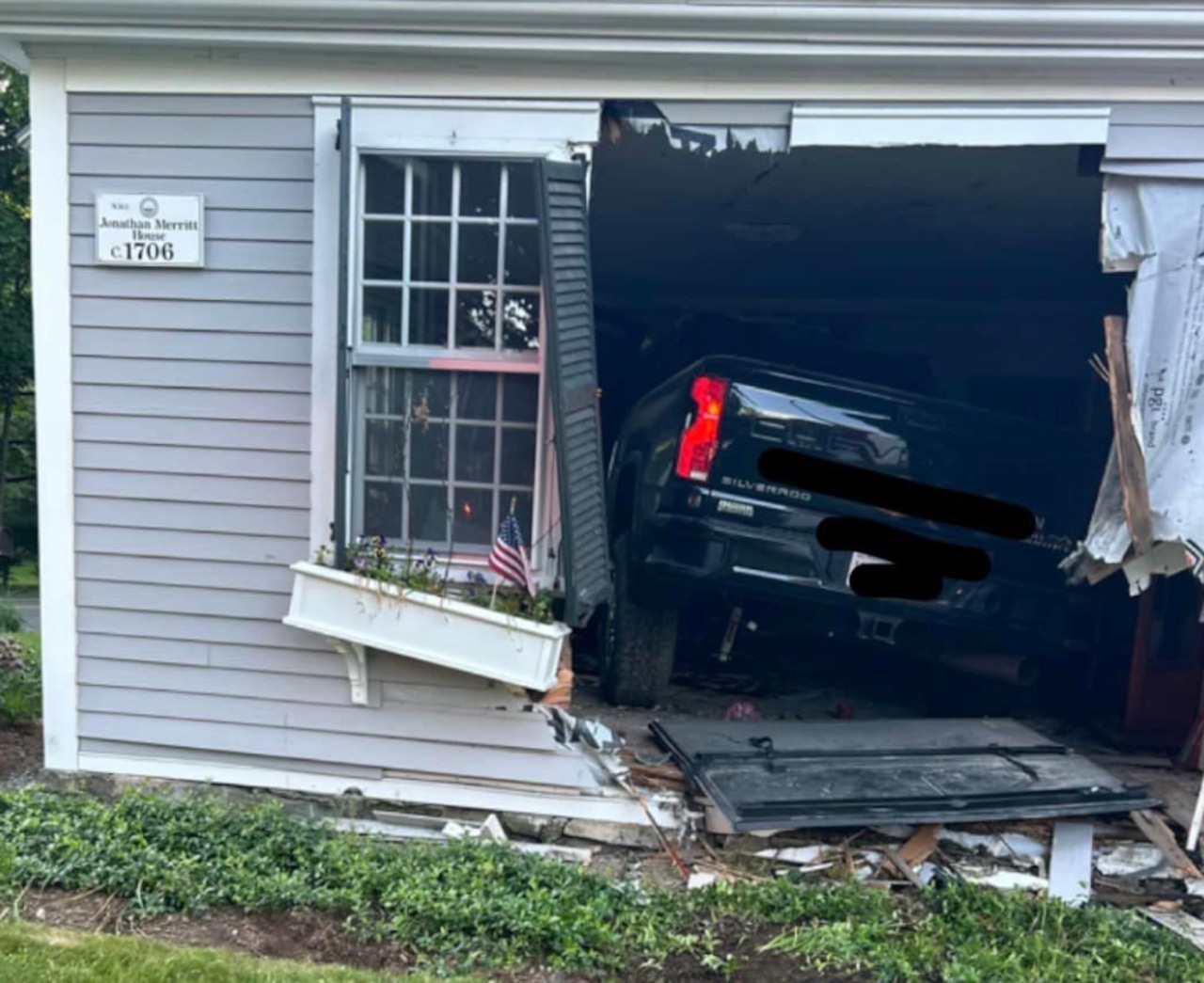
A Boston-born composer, James Pierpont, wrote one of the most well-known Christmas songs. But did he do it while he was in Massachusetts?
Two states, Massachusetts and Georgia, are in what’s known as the “Jingle Bell Wars.”
There is a plaque in Medford near 19 High St. that claims it’s the spot where Simpson Tavern was located and that in 1850, Pierpont wrote the song “Jingle Bells” there in the presence of Mrs. Otis Waterman, “who later verified that the song was written here.”
Pierpont later had it copyrighted while living in Georgia in 1857, which is why the state claims it was written there instead.
Kyna Hamill — who volunteered with Medford Historical Society, is a faculty member at Boston University and has become an expert on Pierpont — worked to get to the bottom of the legend.
“I don’t have the definite answer to where he sat down and wrote the song,” Hamill told Boston University in 2016. “But — and this is where my town is going to be mad at me — it was absolutely not written in 1850 at the Simpson Tavern in Medford.”
Instead, during that time, Pierpont was in California trying to cash in on the Gold Rush. He returned to Boston broke in 1851 after a San Francisco fire burned down his shop, BU Today explained.
The song was originally titled “One Horse Open Sleigh.” Hamill found a playbill from Harvard Theater Collection that puts the song’s first performance at impresario John Ordway’s Ordway Hall, on Washington Street in Boston, with a troupe called Ordway’s Aeolians on Sept. 15, 1857, according to the university.
Ordway Hall, near the Old South Meeting House, was known for white men performing in blackface, “offering a racist caricature of people of color as middle-class entertainment,” the university said.
“Sleigh songs were having an important moment in the 1850s. Sleigh bell songs were common,” Hamill told Itemlive. “The songs would often exist in their parlor version and in the blackface version, where they’re put into ‘black’ dialect.”
But it’s not clear if Pierpont was even there for the debut.
Around the same time, Pierpont moved to Savannah, Georgia, which is where he copyrighted it. It was re-copyrighted as “Jingle Bells, or the One Horse Open Sleigh” in 1859, the university said.
Hamill also points out the timing for Georgia doesn’t match up.
He was often in need of money, she said. So, he wouldn’t have kept it to himself for that long.
Although, another historian, Dr. Christopher Hendricks, a professor at Georgia Southern University in Savannah, told Fox News, San Francisco should be added to the list of possible places where he wrote the song.
Still, Massachusetts might be able to claim Pierpont’s “Jingle Bells” for itself. Hamill’s guess is that Pierpont wrote the song at a rooming house not far from the Old State House in downtown Boston.
Was Pierpont a Masshole?
Beyond the song’s complicated history, Pierpont was also a complicated man.
“He’s kind of a jerk, actually. He would leave all of the time. He went out west to try to make his way with the gold rush. He went all over the place and left his wife with his father,” Hamill told CBC News.
After his wife died, he quickly remarried and abandoned his three children, the news outlet reported.
He had been adventurous since an early age.
When he was 14 years old, he ran away and set sail on a whaling ship named Shark, according to Valdosa Daily Times. He later served in the U.S. Navy.
During his time in Georgia, Pierpont enlisted with the Confederacy. According to the news outlet, he was first a clerk with the First Georgia Battalion which later became part of Fifth Georgia Volunteer Cavalry, adding that he also wrote patriotic songs during his war years, including, ‘We Conquer or Die,’ ‘Our Battle Flag’ and ‘Strike for the South.’”
It wasn’t until after he died that “Jingle Bells” became popular.
Originally performed as a Thanksgiving song, it didn’t resonate with audiences as much due to its lack of religious themes or mentioning of Christmas, Valdosa Daily Times reported.
But over time, and with some possible song changes, it began clicking with audiences. Now, you’re unlikely to make it through the holiday season without hearing it at least a dozen times.






